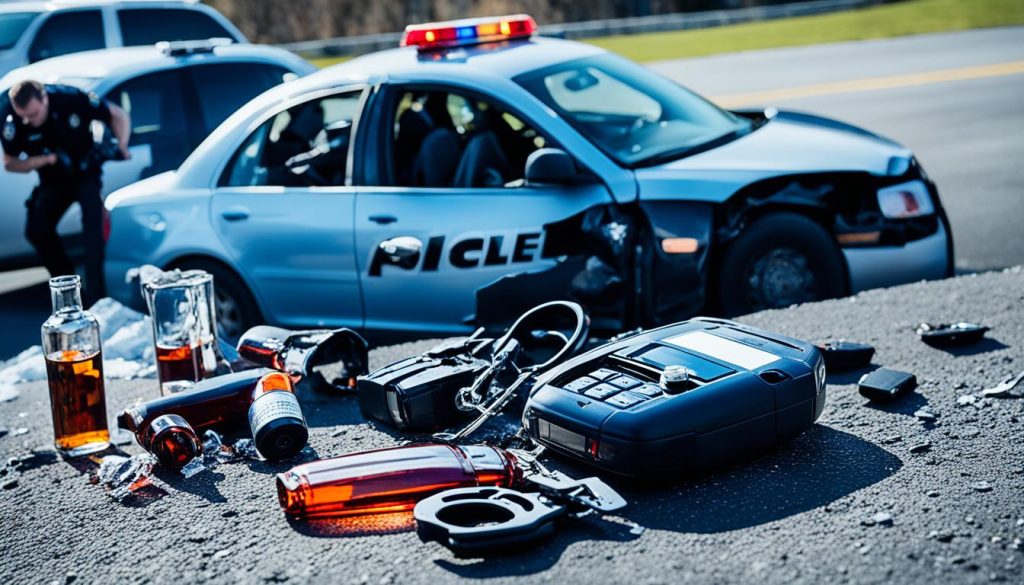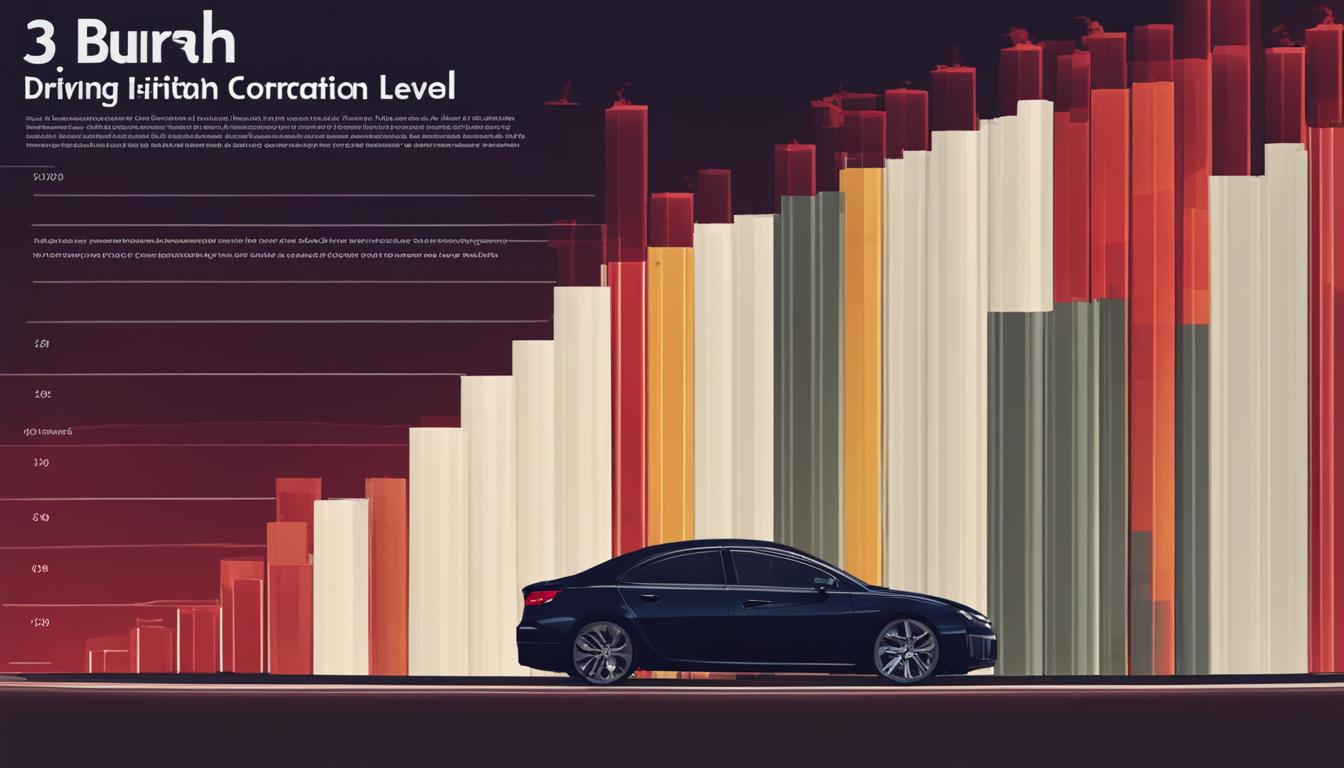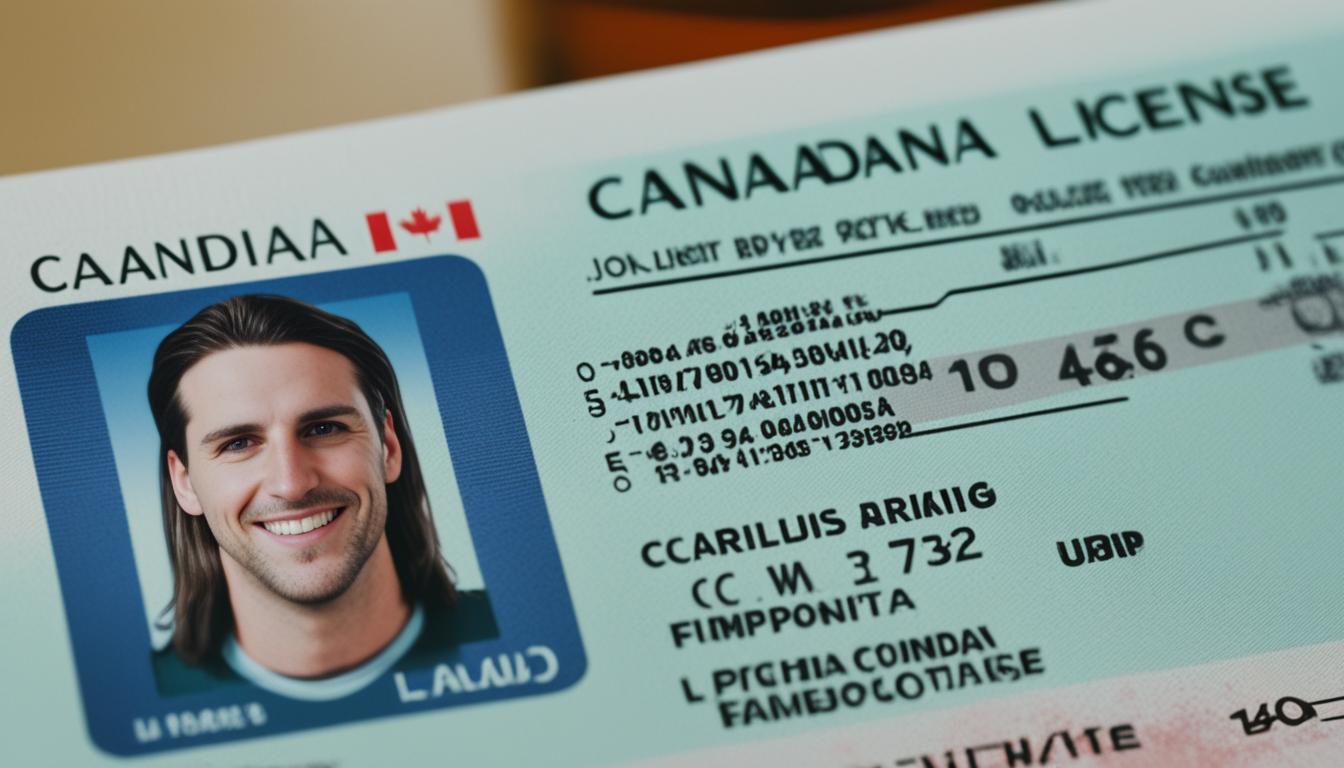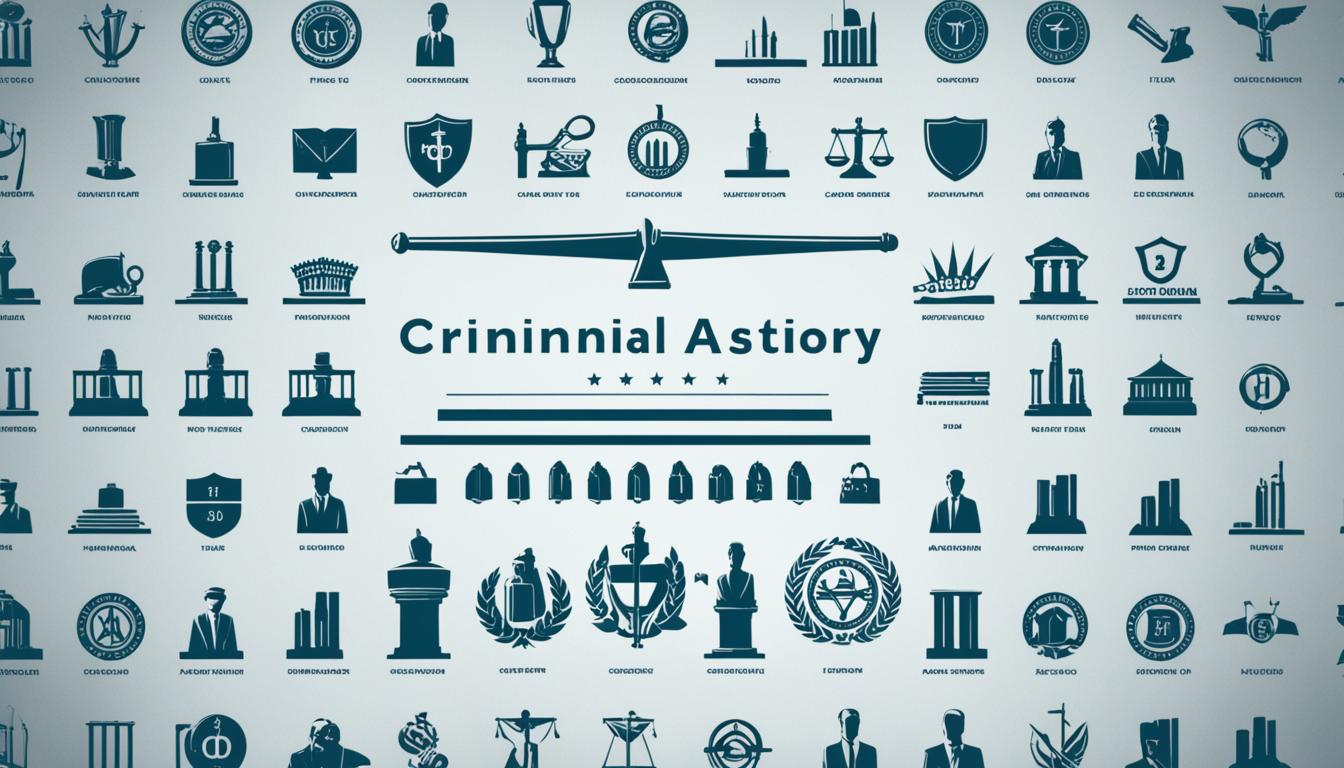Driving While Impaired vs DUI: Key Differences
Did you know that impaired driving is responsible for approximately 30% of all car crash fatalities in Canada? This startling statistic highlights the urgent need to understand and address the issue of driving under the influence.
Both terms, “driving while impaired” and “DUI,” refer to operating a vehicle while under the influence of alcohol or drugs. While “DUI” is commonly used in the United States, “driving while impaired” is the more commonly used term in Canada. The key distinction is that “driving while impaired” encompasses impairment by both alcohol and drugs, whereas “DUI” is often associated specifically with alcohol impairment.
In Canadian law, it is a criminal offense to operate a vehicle while impaired by drugs and/or alcohol, regardless of the specific concentration levels. The offense can be proven through observations of impairment and/or blood or breath samples. The legal limits for blood alcohol concentration (BAC) and drug concentration differ depending on the substances involved. Convictions for impaired driving can result in fines, license suspension, and even jail time.
Key Takeaways:
- The terms “driving while impaired” and “DUI” both refer to operating a vehicle under the influence of alcohol or drugs.
- “Driving while impaired” is the more commonly used term in Canada, while “DUI” is widely used in the United States.
- “Driving while impaired” encompasses impairment by both alcohol and drugs, while “DUI” is often associated specifically with alcohol impairment.
- In Canada, impaired driving is a criminal offense, and convictions can result in fines, license suspension, and even jail time.
Understanding Impaired Driving Offenses in Canada
In Canada, impaired driving refers to operating a vehicle while under the influence of alcohol, drugs, or a combination of both. It is a criminal offense and is governed by impaired driving laws outlined in the Criminal Code.
To be convicted of an impaired driving offense, it must be proven that the individual operated the vehicle, had consumed alcohol or drugs, and that the alcohol or drugs impaired their ability to drive.
The impairment can be established through observations such as bloodshot eyes, unsteady movements, and erratic driving patterns. Additionally, blood or breath samples can be analyzed to determine alcohol or drug concentration levels.
The legal limits for alcohol concentration are equal to or more than 80 mg of alcohol in 100mL of blood. For drugs, there are varying concentration levels depending on the substance.
Convictions for impaired driving can result in significant penalties, including hefty fines, license suspension, and in some cases, imprisonment.
Impaired driving offences can have serious consequences, not only for the individual involved but also for the safety of others on the road. It is crucial to understand the laws and potential repercussions to make informed decisions and ensure the well-being of oneself and others.
Differentiating Between DUI and DWI
While “DUI” and “DWI” are often used interchangeably, there can be distinctions between the two terms depending on the jurisdiction. In some states or provinces, “DUI” refers specifically to driving under the influence of alcohol, while “DWI” may encompass both alcohol and drug impairment. However, the specific definitions and legal terms can vary.
For example, in California, “DUI” applies to both alcohol and drug usage, while New Jersey predominantly uses “DWI” to cover both substances. Some jurisdictions differentiate between DUI and DWI based on age or blood alcohol concentration (BAC) levels. For instance, in Maryland, a DUI charge requires a BAC of 0.08 or higher, while a DWI charge applies to individuals with a BAC of 0.07. Penalties for DUI and DWI offenses can include fines, license suspension, and mandatory treatment programs.

Comparison: DUI and DWI Definitions by State
| State | Definition of DUI | Definition of DWI |
|---|---|---|
| California | Driving under the influence of alcohol or drugs | Driving while intoxicated by alcohol or drugs |
| New Jersey | Driving under the influence of alcohol or drugs | Driving while intoxicated by alcohol or drugs |
| Maryland | BAC of 0.08 or higher | BAC of 0.07 |
Consequences of Impaired Driving
The consequences of impaired driving can be severe and have a lasting impact on individuals who are convicted of these offenses. DUI penalties vary depending on the jurisdiction and the specific circumstances of the case.
One of the most common consequences of impaired driving is the imposition of hefty fines. These fines can range from hundreds to thousands of dollars, depending on factors such as prior convictions and the severity of the offense. In addition to financial penalties, individuals convicted of impaired driving may also face other consequences, including:
- License suspension: Impaired driving often leads to the suspension of the offender’s driver’s license. The duration of the suspension can range from several months to several years, depending on the jurisdiction and the nature of the offense.
- Mandatory participation in counseling or treatment programs: In many cases, individuals convicted of impaired driving offenses are required to attend counseling or treatment programs to address their substance abuse issues. These programs aim to rehabilitate offenders and prevent future incidents.
- Installation of an ignition interlock device: Some jurisdictions may require individuals with impaired driving convictions to install an ignition interlock device in their vehicles. This device measures the driver’s breath alcohol concentration before allowing the vehicle to start.
- Probation: Offenders may be placed on probation, which requires them to comply with certain conditions, such as regular check-ins with a probation officer and refraining from alcohol or drug use.
Repeat offenses and circumstances involving aggravating factors, such as causing injury or death while driving impaired, can lead to more severe penalties, including longer license suspensions and imprisonment.
Impaired Driving Consequences by Jurisdiction
| Jurisdiction | Penalties |
|---|---|
| Alberta | Fines up to $5,000, license suspension up to 1 year, mandatory Ignition Interlock Program |
| Ontario | Fines up to $50,000, license suspension up to 3 years, mandatory education or treatment programs |
| Quebec | Fines up to $2,000, license suspension up to 5 years, mandatory Ignition Interlock Program for repeat offenders |
| British Columbia | Fines up to $4,000, license suspension up to 5 years, mandatory education or treatment programs |
As shown in the table above, impaired driving consequences vary by jurisdiction. It is important for individuals to be aware of the specific penalties in their respective province or territory.

Insurance Implications of Impaired Driving
Impaired driving convictions can have serious consequences for your car insurance rates. When insurance companies see a DUI or DWI conviction on your record, they consider you a high-risk driver. As a result, you can expect a significant increase in your insurance premiums. The exact rate hike will depend on various factors, including your insurance provider and your prior driving history.
In addition to higher premiums, individuals convicted of impaired driving may be required to obtain an SR-22 certificate. This is a proof of insurance certificate specifically for high-risk drivers. Having a DUI or DWI conviction on your insurance record can impact your rates for several years, typically ranging from three to five years. It’s important to note that the duration of the impact may vary by province.
Given the potential financial repercussions, it’s crucial to understand the insurance implications of impaired driving. Always prioritize responsible driving and never get behind the wheel if you’re impaired. Not only will you avoid the legal and personal consequences, but you’ll also keep your insurance rates in check and maintain a clean driving record.
- The Role of Police in Community Safety & Unity - October 6, 2025
- Quebec Police Officer Salary Insights 2023 - July 13, 2025
- Canada Arrest Protocol: What Police Say Upon Arrest - June 12, 2025




















Post Comment